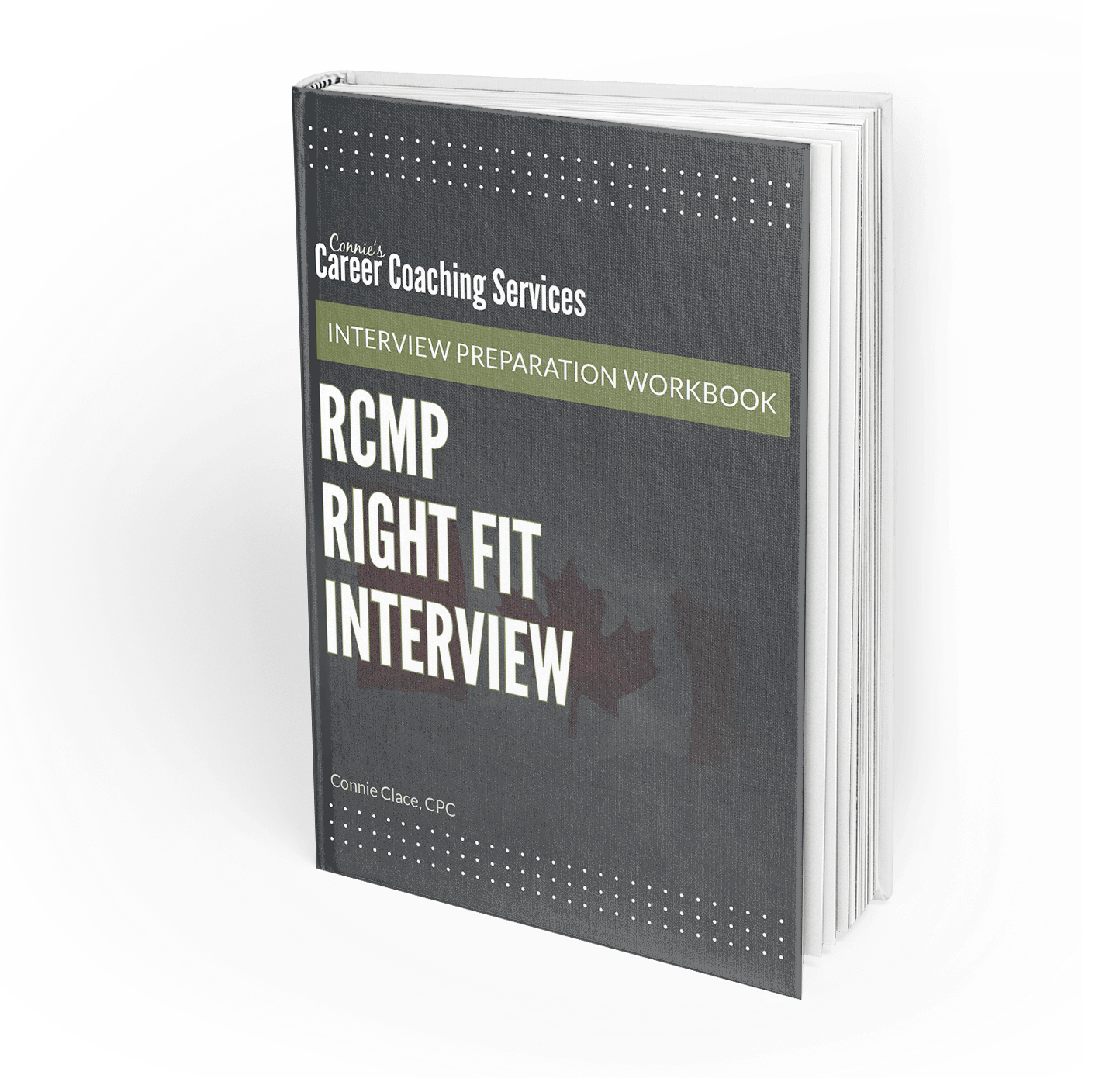Behavioural Interview Questions – Do I give general responses or specific examples? I get that question a lot when I am working with clients. What exactly are Behavioural Interview questions anyway? There is a general belief that past behaviour is indicative of future behaviour, so interviewers will often ask you questions about your past experiences, so they can gauge how you will behave in the future.
Behavioural based interviews are often used by different police agencies, however they utilize varying response formats, i.e.
Calgary Police Service uses S*T*A*R, which is Situation * Task * Action * Result.
Winnipeg Police Service uses S*A*R, which is Situation*Action*Result.
You might even see P*A*R, which is Problem*Action*Result.
But all models result in basically the same response.
So what is a behavioural interview question? An example would be:
Can you tell me of a time that you had a difficult problem to solve?”
I often work with clients who respond to these types of questions in a very generalized manner. For example, they might start their answer something like this:
In my current job, I am constantly dealing with difficult problems. It is a daily occurrence. “
That is a general response. But interviewers who are asking Behavioural based questions are looking for a very specific example. More in line with:
In my current job as Production Manager, I am constantly called upon to deal with problems and find solutions. This one particular time, I was working with one of my team members, and the situation was ….”
That is the beginning of a very specific example.
But how do you tell when you are telling a general story vs a specific story? You can tell by the way you relay your action. So, let’s take the above example one step further.
In my current job, I am constantly dealing with difficult problems. It is a daily occurrence. So what I would do is …
If your answer includes “what I would do is …”, and not “what I did was …” then you are giving a general response. What you are saying is “this is what I would normally do in those situations”. What is the purpose of the behavioural question? To show how you handled a specific situation, not what you would normally do. Remember, past behaviour is indicative of future behaviour. So a better way to give that answer:
In my current job as Production Manager, I am constantly called upon to deal with problems and find solutions. This one particular time, I was working with one of my team members, and the situation was …. So what I did was …”
So why can’t you just tell the interviewer what you would normally do? That’s past behaviour, right? It is, but telling a general story creates other problems. If you tell a general story instead of a specific story, you won’t be able to give the whole example. For instance, with S*T*A*R, your general response would look something like this?
S – “I deal with problems all the time”
T – “I would have to find a solution to whatever the problem of the day is”
A – “So what I would do is …”
R – “When I take that approach, it usually works out ok”
With a general response, you don’t really have a specific task, and you can’t give a result because there isn’t one. All you have is what normally happens.
Regardless of what police department or police agency for which you are interviewing, all Behavioural interviews are the same. If they ask a behavioural based question, they want a specific answer. So what should the above question look like using S*T*A*R?
S – In my current job as Production Manager, I am constantly called upon to deal with problems and find solutions. This one particular time, I was working with one of my team members, and discovered he was not utilizing the equipment properly and causing a potential health and safety risk.
T – My task was to arrange for him to get the proper training and education to alleviate the risk.
A – So what I did was contact the training branch to identify when the next training session would be and then speak to my team member to make arrangements for him to get the training. I also had a discussion with him about best safety practices.
R – The result was that the team member received the appropriate training and was then able to use the equipment properly and continue working in a safe manner.
It’s important that you practice these types of questions, so don’t be afraid to reach out to someone who can help you prepare and deliver your examples, or reach out to an experienced Certified Professional Career Coach who has expertise in interviews.
Do you know someone who is faced with this challenge? Feel free to share this post by using the share links at the top of this page. Also, if you’d like more interview tips, feel free to check out the interview resource page.


Leave a Reply